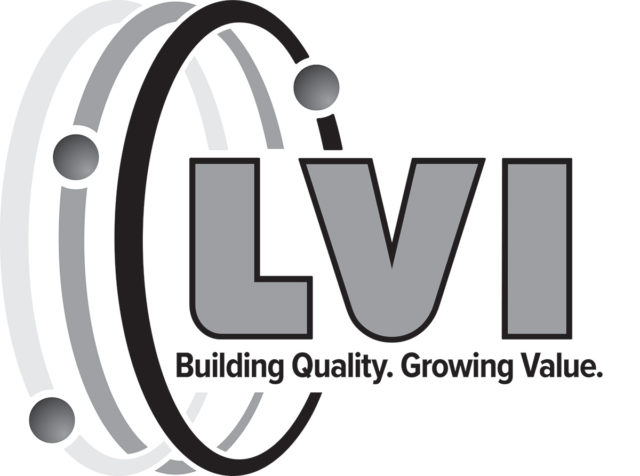Winter is an ideal time to follow these maintenance tips to keep your equipment running like new, season after season.
1. Consider a certified maintenance inspection
Certified maintenance inspections prevent downtime, protect your equipment investment and improve resale value. In the post-season and pre-season, your equipment dealer’s technicians can inspect your equipment and provide recommendations on how to maintain your machine for peak performance.
Certified maintenance inspections are well documented and provide valuable service records for the equipment owner that, in turn, can increase the equipment’s resale value.
2. Maintain your diesel engines
Diesel engines require that you pay close attention to the fuel, lubrication, air filtration and cooling systems.
- Fuel contaminated with water, sediment and debris is the number one cause of fuel injection system failures.
Fuel system maintenance involves cleaning the fuel tank cap/vent and making sure the cap is functioning and venting properly, checking for water and sediment in the fuel, inspecting the fuel filter and draining the water as required.
- Engine oil protects your engine’s vital engine components. Always follow your manufacturer’s lubricant and change interval recommendations, and use only oils and filters that have been specifically designed and engineered for your equipment.
- Inspect the air filtration system for any openings that could draw in unfiltered air and always use the correct replacement filter. Contaminated air bypassing the filter seal is a common cause of premature engine failure.
- Flush the cooling system at the recommended intervals found in your operator’s manual. Be sure to check for signs of damage and use a coolant that’s formulated to provide full protection in your equipment.
3. Invest in a fluid analysis
Fluid analysis is a maintenance practice that can protect your equipment, regardless of whether it’s late-model or high-hour. A fluid analysis involves sending small samples of your equipment’s engine oil, transmission oil and coolant to a lab for tests that identify the overall condition of the fluids, along with any contaminants.
The resulting reports can give you a heads-up on a wide range of equipment conditions, from ineffective air filtration to deteriorating bearings, so you can address performance or wear issues prior to a costly failure.
4. Keep your batteries fully charged
Batteries that are fully charged will help your equipment’s diesel engine maintain optimal temperature in cold weather. If a battery is not recharged for more than three to four weeks (an even shorter period in the winter), your battery will likely need to charge.
Frequent starts and stops are also detrimental because the battery is never given the chance to fully recharge.
In severe cold, consider using a quality battery maintainer that will keep the battery at a full state of charge when the equipment isn’t in use. To avoid overcharging the battery, it’s important to use a maintainer that automatically shuts off once the battery is fully charged.
5. Tires need regular care
Tires require daily care and maintenance. Take steps to reduce tire wear while operating the equipment and pay attention to air pressure, initial cost and hours, so you can track your overall operating and ownership costs.
Many operators don’t realize less expensive tires will last far less than more expensive ones – and therefore can cost a lot more – not to mention the downtime and hassle of having to replace tires more often.
Always keep tires properly inflated and remove counterweights when not in use, as they put additional stress on the tires. Look for even wear, remove debris and inspect your tires for any cracking and chunking. If the center of the tire is worn smooth, or you notice any chunking, then it’s time to replace.
Lastly, you should always replace a tire that’s more than 5 to 6 years old, even if it’s never been used, as ozone will break down the tire components. Tire selection should be based on the equipment and the application. Your equipment dealer is your best resource for recommending the right replacement tires for your equipment. PD
Justin Raski is the mid-range tractor marketing manager for New Holland.





